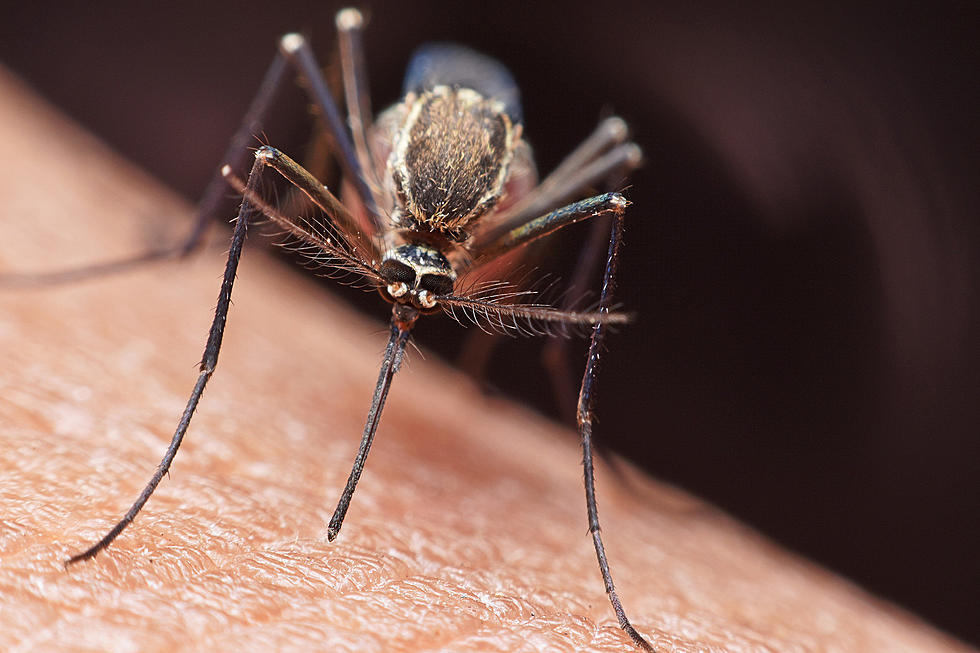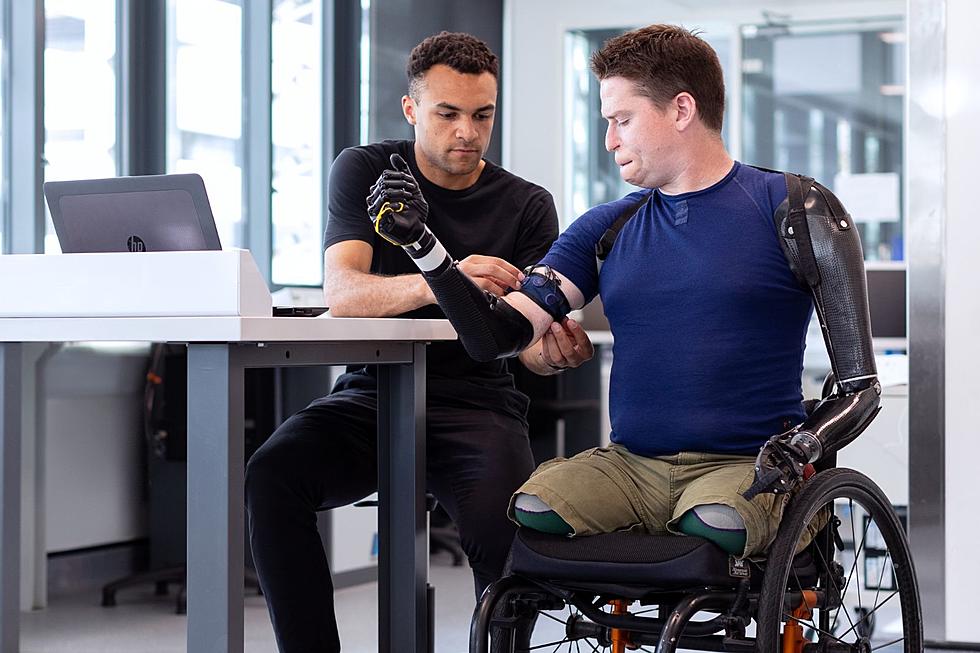
DPHHS and Temporary Emergency Rule on Sex and Birth Certificates
The Montana Department of Public Health and Human Services has adopted a ‘temporary emergency rule’ that pertains to changing the identification on birth certificates, stating in effect that ‘no surgery changes a person’s sex’.
The documents states ‘'Plaintiffs provided unrebutted evidence describing that neither gender affirming surgery nor any other medical treatment that a transgender person undergoes changes that person’s sex" – that "no surgery changes a person’s sex" – but that surgery "aligns a person’s body and lived in experience with the person’s gender identity,’ which the court found is "a person’s fundamental internal sense of belonging to a particular gender.
The court’s finding that "no surgery changes a person’s sex" has caused the department to consider the issue. The National Institutes of Health (NIH), a component of the U.S. Department of Health and Human Services, matter-of-factly explains that "Sex" is a biological classification encoded in our DNA. Males have XY chromosomes, and females have XX chromosomes. Sex makes us male or female. Every cell in your body has a sex—making up tissues and organs, like your skin, brain, heart, and stomach. Each cell is either male or female, depending on whether you are a man or a woman.

In 2014, recognizing that there were differences in disease manifestation and response to treatment between men and women and that research about such differences may be critical to the interpretation, validation, and generalizability of research findings – and may inform clinical interventions – NIH issued a policy on sex as a biological variable in research. In guidance issued on that policy, NIH noted that "[s]ex is a biological variable defined by characteristics encoded in DNA." 7 An NIH leader further explained, "’[s]ex’ originates from an organism’s sex chromosome complement—XX or XY chromosomes in humans, and is reflected in the reproductive organs. Each cell has a sex.’
Responding to this ruling the Montana Department of Public Health and Human Services issued the following statement.
‘The Department of Public Health and Human Services believes that all individuals should be treated with dignity and respect, and that they should be provided all of the rights and protections to which they are entitled under the Constitutions and laws of the State of Montana and of the United States. As noted in the emergency rule, the Department has an obligation to ensure the accuracy of vital records. The rule obeys the court's order, addresses a critical regulatory gap, and remains consistent with current law, as well as the science.’
Find the adoption notice of the Emergency Rule below.
10 Businesses That Should Open a Location in Missoula
28 Missoula Businesses That Opened, Changed Ownership, or Changed Location
24 Missoula Businesses That Have Closed in the Last Two Years
More From Newstalk KGVO 1290 AM & 98.3 FM









